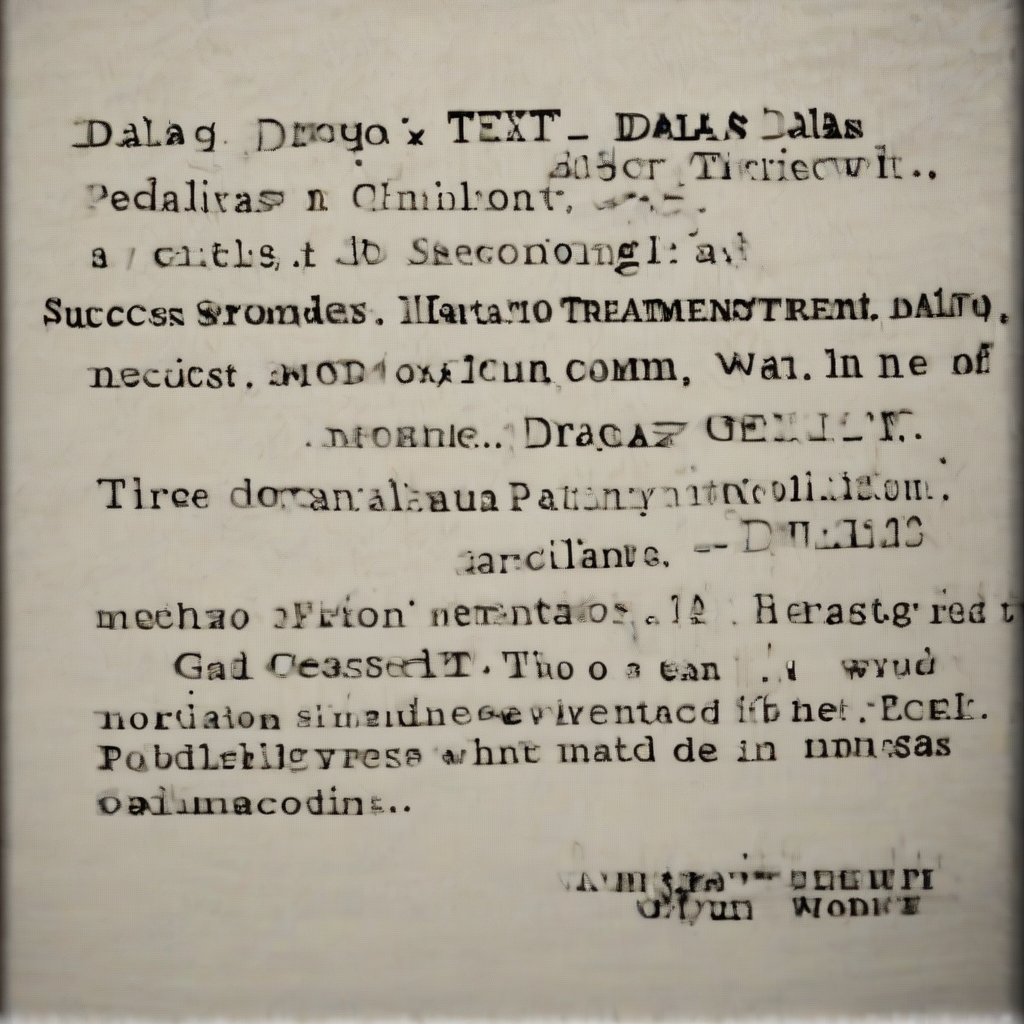Navigating the Landscape of Drug Treatment in Dallas: A Comprehensive Guide
Dallas, like many major metropolitan areas, faces significant challenges related to substance abuse. This guide aims to provide a comprehensive overview of drug treatment options available in Dallas, Texas, covering various aspects to help individuals and families make informed decisions.
Understanding the Scope of the Problem
Substance abuse in Dallas is a multifaceted issue impacting diverse communities. The prevalent drugs vary, with opioids, methamphetamine, and cocaine frequently cited in reports. The consequences extend beyond individual health, affecting families, workplaces, and the wider community. Understanding the scale of the problem is crucial to appreciating the need for robust treatment resources.
- Opioid Crisis: Dallas, mirroring national trends, experiences a significant opioid crisis, fueled by prescription painkillers and heroin. Treatment options specifically addressing opioid addiction are vital.
- Methamphetamine Use: Methamphetamine remains a significant concern, contributing to health problems and social instability. Treatment programs must account for the unique challenges presented by methamphetamine addiction.
- Cocaine Abuse: Cocaine continues to be a prevalent substance of abuse, requiring specialized treatment approaches.
- Alcoholism: Alcohol abuse is another significant concern, often co-occurring with other substance use disorders. Treatment programs should offer integrated care addressing both.
Types of Drug Treatment in Dallas
Dallas offers a range of treatment options catering to diverse needs and preferences. Understanding the differences is essential for selecting the most appropriate path to recovery.
Inpatient Treatment
Inpatient treatment provides intensive, 24/7 care in a residential setting. This approach is ideal for individuals requiring significant support and structure, often due to severe addiction or co-occurring mental health disorders.
- Medical Detoxification: This initial phase manages withdrawal symptoms, ensuring safety and comfort. Dallas offers numerous facilities providing medically supervised detoxification.
- Residential Rehabilitation: Following detoxification, residential rehab provides therapy, counseling, and life skills training in a structured environment.
Outpatient Treatment
Outpatient treatment allows individuals to continue living at home while attending regular therapy sessions and support groups. This approach suits those with milder addictions or stable support systems.
- Individual Therapy: One-on-one sessions with therapists provide personalized support and address underlying issues contributing to addiction.
- Group Therapy: Group settings offer peer support and a sense of community, facilitating shared experiences and recovery strategies.
- Intensive Outpatient Programs (IOPs): IOPs provide more intensive outpatient treatment than traditional outpatient care, balancing structure with flexibility.
Medication-Assisted Treatment (MAT)
MAT combines medication with behavioral therapies to treat substance use disorders. Medication helps manage withdrawal symptoms, cravings, and relapse risk, significantly improving treatment outcomes.
- Methadone: Used for opioid addiction, methadone reduces cravings and withdrawal symptoms.
- Buprenorphine: Another medication for opioid addiction, buprenorphine offers a lower risk of overdose than methadone.
- Naltrexone: Blocks the effects of opioids and reduces cravings.
Finding Drug Treatment in Dallas
Locating appropriate treatment requires careful consideration of individual needs and preferences. Several resources can assist in this process.
Substance Abuse Treatment Facilities
Dallas has numerous treatment facilities, each offering a unique approach and specialization. Researching different facilities is crucial to find the best fit.
- Consider Accreditation: Look for facilities accredited by reputable organizations, indicating adherence to quality standards.
- Assess Treatment Modalities: Determine which treatment approaches (inpatient, outpatient, MAT) align with individual needs.
- Check Insurance Coverage: Verify insurance coverage before committing to a facility to avoid unexpected financial burdens.
Support Groups and Community Resources
Support groups provide peer support, understanding, and encouragement throughout recovery. Dallas offers various options, catering to specific substances or demographics.
- Alcoholics Anonymous (AA): Provides support for individuals struggling with alcohol addiction.
- Narcotics Anonymous (NA): Offers support for individuals struggling with drug addiction.
- SMART Recovery: A science-based self-management and recovery program.
- Local Community Centers: Many community centers provide resources and referrals for substance abuse treatment.
Government and Non-Profit Organizations
Government and non-profit organizations offer crucial assistance in navigating the treatment landscape.
- SAMHSA National Helpline: Provides confidential treatment referrals and information.
- Local Health Departments: Offer resources and referrals for substance abuse treatment within the community.
- Non-profit Organizations: Many non-profit organizations in Dallas dedicate their efforts to substance abuse prevention and treatment.
Factors to Consider When Choosing Treatment
Selecting the right treatment program involves careful consideration of various factors.
- Severity of Addiction: The intensity of the addiction dictates the level of care required (inpatient vs. outpatient).
- Co-occurring Disorders: Mental health conditions often coexist with addiction, necessitating integrated treatment addressing both.
- Personal Preferences: Individual preferences regarding treatment setting and modalities should be respected and accommodated.
- Insurance Coverage: Insurance coverage significantly influences treatment options and affordability.
- Support System: A strong support system is vital for successful recovery, influencing the choice of treatment setting and ongoing support.
Long-Term Recovery and Relapse Prevention
Recovery from substance abuse is a journey, not a destination. Long-term strategies are crucial for maintaining sobriety and preventing relapse.
- Ongoing Therapy: Continued therapy helps address underlying issues and build coping mechanisms.
- Support Groups: Regular participation in support groups provides ongoing peer support and encouragement.
- Medication Management: For individuals on MAT, consistent medication adherence is essential.
- Healthy Lifestyle Choices: Incorporating healthy habits (diet, exercise) improves overall well-being and reduces relapse risk.
- Relapse Prevention Planning: Developing a relapse prevention plan helps identify and manage high-risk situations.
This comprehensive guide provides a starting point for navigating the complex landscape of drug treatment in Dallas. Remember that seeking professional guidance is crucial for finding the best path to recovery. Don’t hesitate to reach out to the resources mentioned above for support and information.
